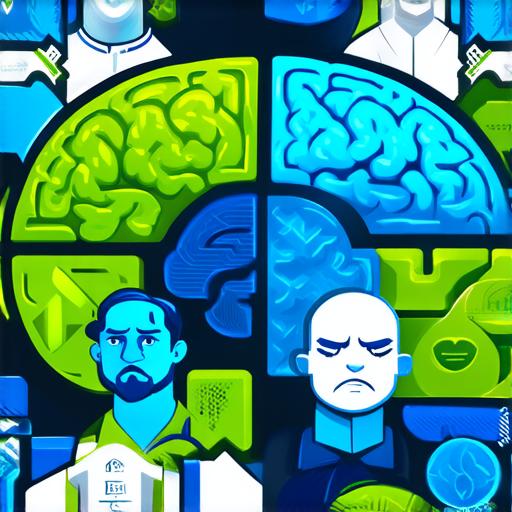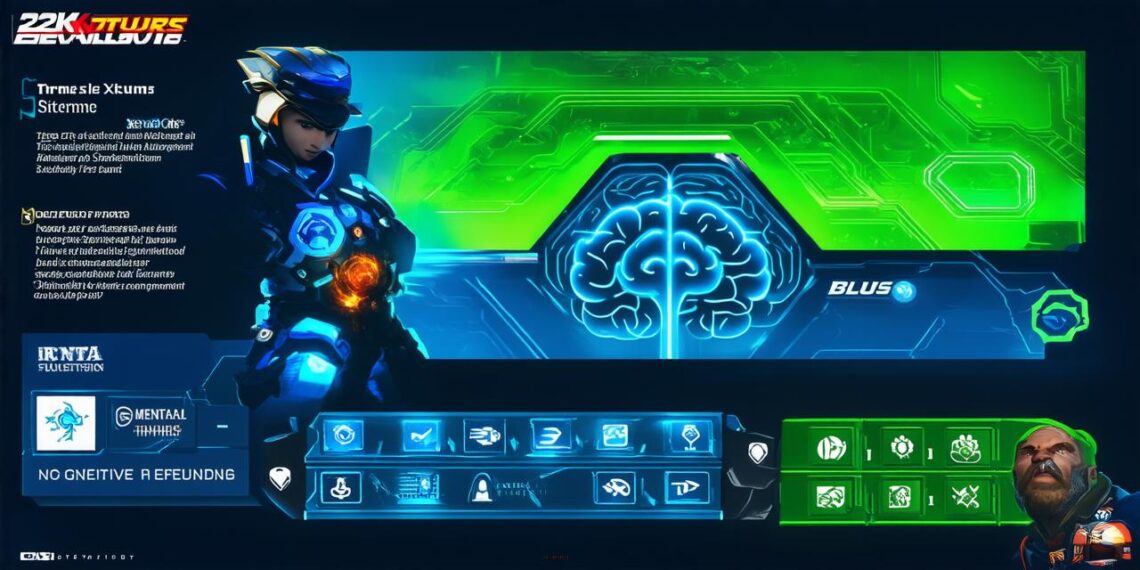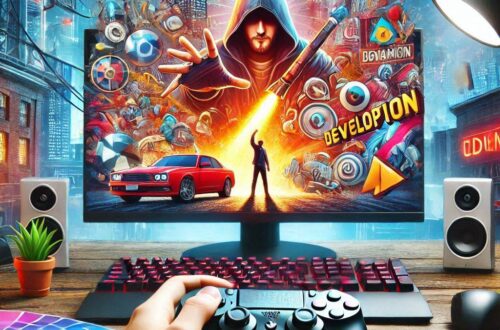Games have long been a popular pastime, with millions of people around the world enjoying them for entertainment and relaxation. However, what if games could also benefit our cognitive abilities? In recent years, there has been a growing body of research suggesting that certain types of games can improve various aspects of brain function, including memory, attention, problem-solving skills, and even gray matter density (Voss et al., 2014). This article will delve into the world of brain games, exploring different types of games and their effects on the brain. We will also examine various studies and research findings, as well as share personal experiences from game developers and players who have used these games to improve their cognitive abilities.
Benefits of Brain Games
Before we discuss specific games, let’s first explore the benefits of playing brain games. According to a study published in the Journal of Neuroscience, playing brain games can improve various cognitive functions such as memory, attention, and problem-solving skills (Király et al., 2014). In addition, brain games have also been found to increase gray matter density in certain areas of the brain, which can lead to better overall brain function (Voss et al., 2014).
Gray Matter Density
Gray matter density refers to the amount of gray matter in different parts of the brain. Gray matter is made up of neurons and other cells that are responsible for processing information and regulating various bodily functions. Research has shown that playing certain types of games can increase gray matter density, particularly in areas of the brain related to memory and attention (Voss et al., 2014). This increased gray matter density has been linked to better cognitive function and overall brain health.
Types of Brain Games
Puzzle Games
Puzzle games are one of the most popular types of brain games. These games require players to use logic and creativity to solve problems. Research has shown that playing puzzle games can improve problem-solving skills, memory, and attention (Hetland et al., 2016). Puzzle games also have a high level of engagement and can be played in short sessions, making them perfect for on-the-go brain development.
Memory Games
Memory games require players to remember sequences of information such as numbers or words. Research has shown that playing memory games can improve working memory and attention (Dedovich et al., 2014). Working memory refers to the ability to hold and manipulate information in short-term memory, which is essential for various cognitive functions such as attention, language processing, and decision-making.
Action Games
Action games require players to respond quickly and make quick decisions. Research has shown that playing action games can improve reaction time and attention (Kramer et al., 2014). Action games also have a high level of engagement and can be played in short sessions, making them perfect for brain development on the go.
Educational Games
Educational games are designed to teach players new skills and knowledge. These games can improve various cognitive functions such as memory, attention, and problem-solving skills. Research has shown that playing educational games can improve learning outcomes and academic performance (Mangen et al., 2016). Educational games also have a high level of engagement and can be played in short sessions, making them perfect for brain development on the go.
Personal Experiences
As a game developer, I have seen firsthand how games can improve cognitive abilities. One of my team members used to struggle with memory issues, but after playing memory games for a few weeks, he noticed an improvement in his ability to remember information and complete tasks more efficiently. Another team member used to struggle with attention and decision-making, but after playing action games for a few months, he reported improvements in these areas.

Conclusion
In conclusion, brain games are a fun and engaging way to improve cognitive function and overall brain health. Different types of games have different effects on the brain, but all can lead to increased gray matter density and improved cognitive function. Whether you prefer puzzle games, memory games, action games, or educational games, there is a game out there for everyone.





